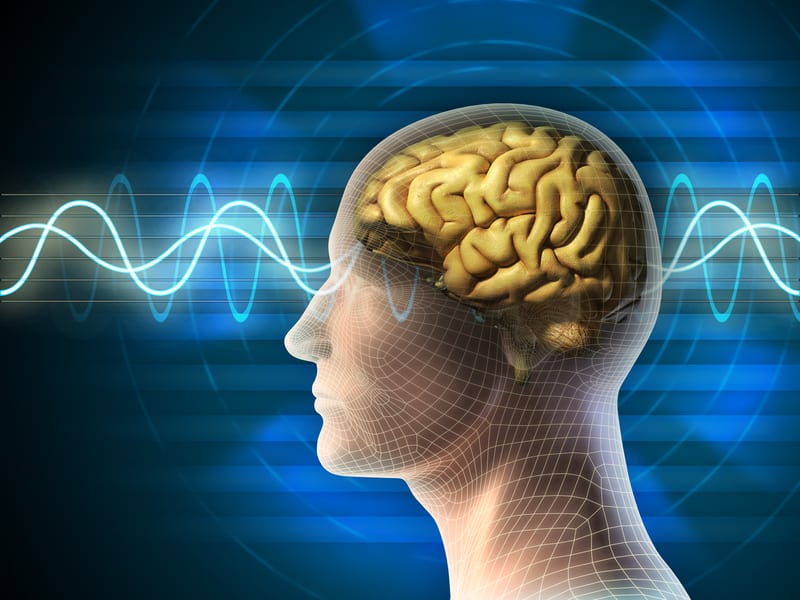A good percentage of adults are dealing with sleeping disorders. One of the most common is insomnia. You know that you have insomnia if you are having a hard time dozing off, you have difficulty staying asleep, or for some reason, you wake up and you are not able to get back to sleep. If you experience any of this, then there is a good chance that you are dealing with insomnia.
Why Quality Sleep is Vital?
To ensure that you are functioning at your best, physically and mentally, high-quality sleep is important. If you sleep well, it promotes the healing of the heart and the blood vessels. It also reduces toxic cells buildup in your brain. Thus, it improves memory function. However, it cannot be denied that a lot of people these days are suffering from various sleep disorders, especially insomnia.
There are different types of treatments and medications that you can try when you have insomnia. And one of the most popular these days is neurofeedback therapy. If you want to know more about this as you are looking for alternative options other than medications that can help you fall asleep. If you are dealing with the same issues, then you have come to the right place.

All About Neurofeedback Therapy
Neurofeedback Therapy uses the sensors in EEG in order to capture the brainwaves in real-time. These are turned into images that will then be used to self-train the brain. And when the brain displays this specific activity by simply listening to music, then the patient will receive positive neurofeedback. Then the brain becomes more skilled in achieving this state without drifting back to the undesired activity.
Neurofeedback Therapy and Insomnia
Neurofeedback Therapy is one of the most effective methods to help reduce or resolve sleep disorders like insomnia. In a non-invasive and 100% safe procedure, the brain wave activity will be changed. Unlike medications that only help suppress the symptoms, the focus of this therapy is to resolve any underlying issues that cause sleep disorders. There are no reported risks and side effects for having neurofeedback therapy. But the benefits are known to be long-term.
Through this therapy, the brain will be taught healthier activity patterns that can improve the quality of sleep. That is why for those who are dealing with sleep problems like insomnia, neurofeedback therapy might just be the life-changing decision for you to make. With better sleep quality, you get back your focus and energy and improve your overall wellbeing.
NeuroCare Neurofeedback For Insomnia
NeuroCare offers neurofeedback therapies for patients dealing with insomnia. This type of therapy is safe and sustainable that helps not only adults but children as well who are struggling with insomnia and other sleep problems. Backed by leading scientific research and world-class tools, NeuroCare offers personalized programs for each patient.




